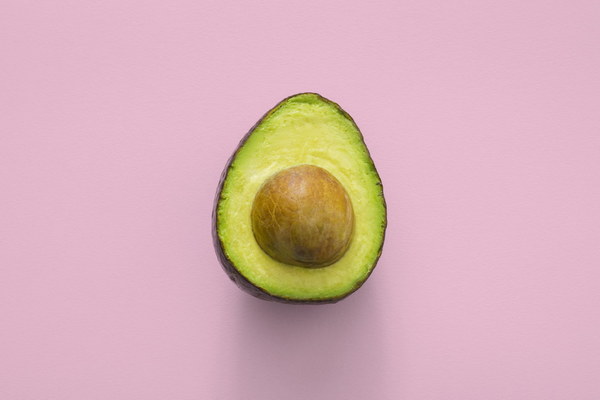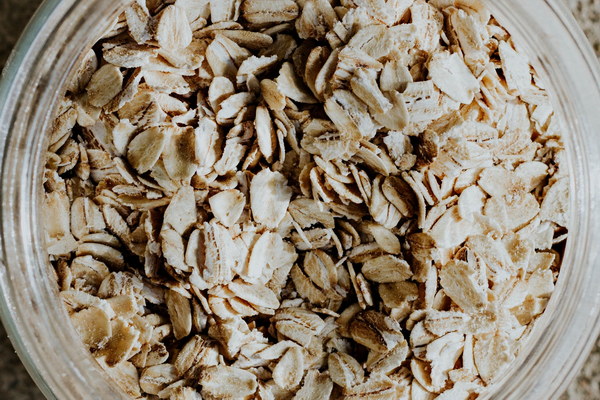Unlocking Vitality How to Cultivate and Maintain Sufficient Qi and Blood for a Healthy Body
In traditional Chinese medicine, the concept of Qi and Blood is central to understanding the body's overall health and vitality. Qi, often translated as vital energy, is the fundamental life force that flows through the body, maintaining its functions and promoting balance. Blood, on the other hand, is the nutrient-rich fluid that carries oxygen and nutrients to tissues and organs, ensuring their proper functioning. When both Qi and Blood are abundant and balanced, the body is said to be in a state of harmony, leading to good health and well-being. In this article, we will explore how to cultivate and maintain sufficient Qi and Blood for a healthy body.
1. Diet and Nutrition
A balanced diet is crucial for maintaining good Qi and Blood levels. Incorporate the following foods into your daily meals:
- Iron-rich foods: To support healthy blood, consume iron-rich foods such as red meat, poultry, fish, beans, lentils, and leafy greens.
- Vitamin C-rich foods: Vitamin C helps your body absorb iron. Include citrus fruits, berries, and bell peppers in your diet.
- B Vitamins: These vitamins are essential for red blood cell production. Rich sources include whole grains, nuts, seeds, and leafy greens.
- Essential Fatty Acids (EFAs): EFAs are important for the production of red blood cells and the health of the cardiovascular system. Omega-3 and omega-6 fatty acids can be found in flaxseeds, chia seeds, walnuts, and fish.
- Herbal teas: Certain herbal teas, such as ginger, ginseng, and astragalus, are believed to boost Qi and support overall health.
2. Regular Exercise
Physical activity is vital for maintaining a healthy Qi and Blood flow. Engage in regular exercise, such as:
- Walking: A simple and effective way to improve cardiovascular health, which in turn supports healthy blood production.
- Tai Chi: This gentle martial art focuses on slow, deliberate movements that promote Qi flow and balance.
- Qi Gong: Similar to Tai Chi, Qi Gong is a practice that combines physical postures, breathing exercises, and meditation to enhance Qi flow.

3. Proper Sleep and Rest
Adequate rest and sleep are essential for the body to rejuvenate and maintain its Qi and Blood levels. Aim for 7-9 hours of quality sleep each night, and practice relaxation techniques to help you unwind before bedtime.
4. Stress Management
Chronic stress can lead to imbalances in Qi and Blood. Find healthy ways to manage stress, such as:
- Meditation: Techniques like mindfulness and guided imagery can help you stay grounded and reduce stress.
- Yoga: This practice combines physical postures, breathing exercises, and meditation, making it an excellent way to manage stress.
- Social support: Spend time with friends and family to maintain a strong support network.
5. Acupuncture and Traditional Chinese Medicine (TCM)
Acupuncture and TCM can help balance Qi and Blood in the body. A licensed practitioner can provide personalized treatment to address your specific needs.
6. Herbs and Supplements
Certain herbs and supplements may help support Qi and Blood health. Consult with a healthcare professional before starting any new supplement regimen.
In conclusion, maintaining sufficient Qi and Blood is essential for a healthy body and mind. By incorporating a balanced diet, regular exercise, adequate rest, stress management, and traditional practices such as acupuncture and herbal medicine, you can cultivate and maintain a vibrant, balanced state of health. Remember, the key is to listen to your body and make lifestyle choices that promote overall well-being.









